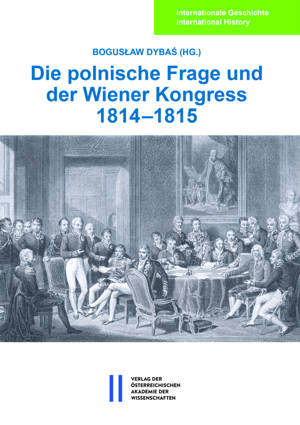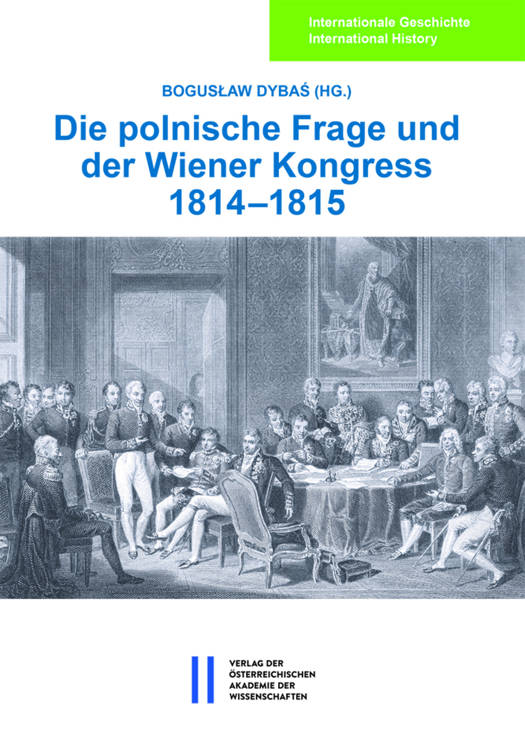
- Afhalen na 1 uur in een winkel met voorraad
- Gratis thuislevering in België vanaf € 30
- Ruim aanbod met 7 miljoen producten
- Afhalen na 1 uur in een winkel met voorraad
- Gratis thuislevering in België vanaf € 30
- Ruim aanbod met 7 miljoen producten
Zoeken
Die Polnische Frage Und Der Wiener Kongress 1814-1815
€ 48,45
+ 96 punten
Omschrijving
After the third partition of Poland-Lithuania, which was tantamount to the demise of the Commonwealth (1795), and the Napoleonic Wars, the future of the Polish territories in the 19th century was decided during the Congress of Vienna (1814-1815). After Napoleon Bonaparte lost power, the Russian Tsar Alexander I became the new hope of the Poles who dreamed of re-establishing their independent state. The Tsar ruled over the territory of the Russian partition, which was now also called the Kingdom of Poland or "Congress Poland" in accordance with the provisions of the Congress of Vienna. The borders of Poland, which had been divided among the three partitioning powers, Russia, Prussia and Austria, lasted until the First World War. The "Polish question" at the Congress of Vienna and its further development after the Congress are discussed in this volume by historians from Poland, Austria, Germany, and the Czech Republic. The volume is rounded off with a chapter on the Congress of Vienna from one of the first Polish-language descriptions of Vienna. This description was written by Edward Lubomirski (1796-1823), an eyewitness to the Congress. The young Lubomirski worked at the Russian embassy in Vienna during the Congress. The last chapter of his work, published in Warsaw in 1821, focuses solely on the Congress of Vienna. In this publication the Lubomirski's accounts can be read in German for the first time.
Specificaties
Betrokkenen
- Uitgeverij:
Inhoud
- Aantal bladzijden:
- 226
- Taal:
- Duits
- Reeks:
- Reeksnummer:
- nr. 6
Eigenschappen
- Productcode (EAN):
- 9783700185802
- Verschijningsdatum:
- 7/09/2021
- Uitvoering:
- Hardcover
- Formaat:
- Genaaid
- Afmetingen:
- 178 mm x 22 mm
- Gewicht:
- 6345 g

Alleen bij Standaard Boekhandel
+ 96 punten op je klantenkaart van Standaard Boekhandel
Beoordelingen
We publiceren alleen reviews die voldoen aan de voorwaarden voor reviews. Bekijk onze voorwaarden voor reviews.







